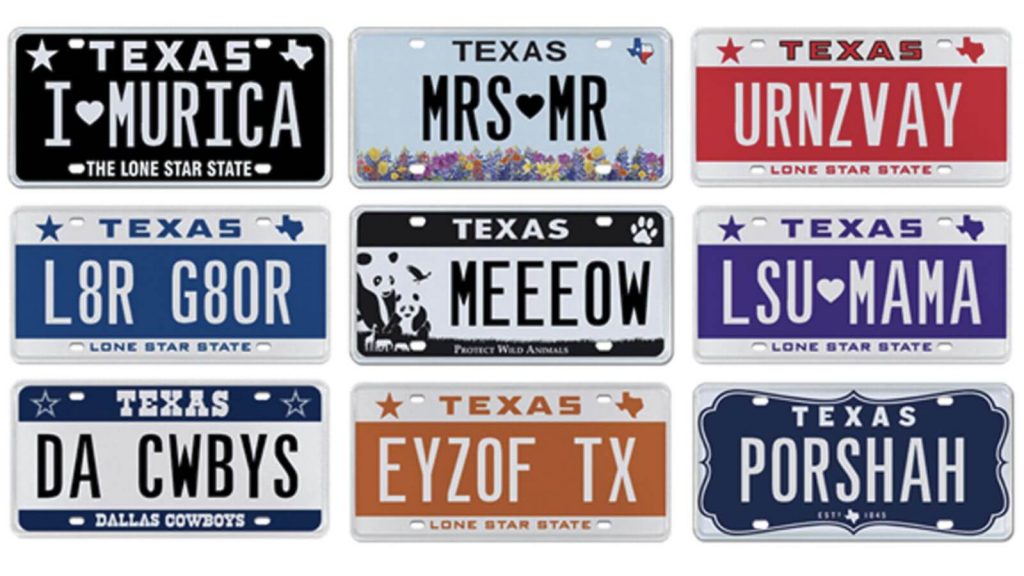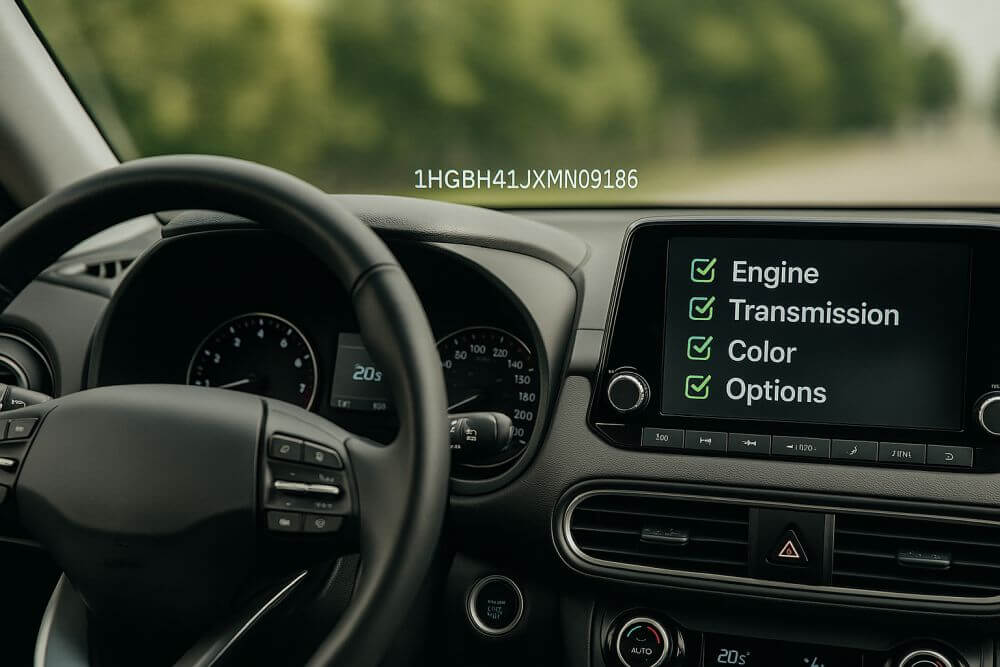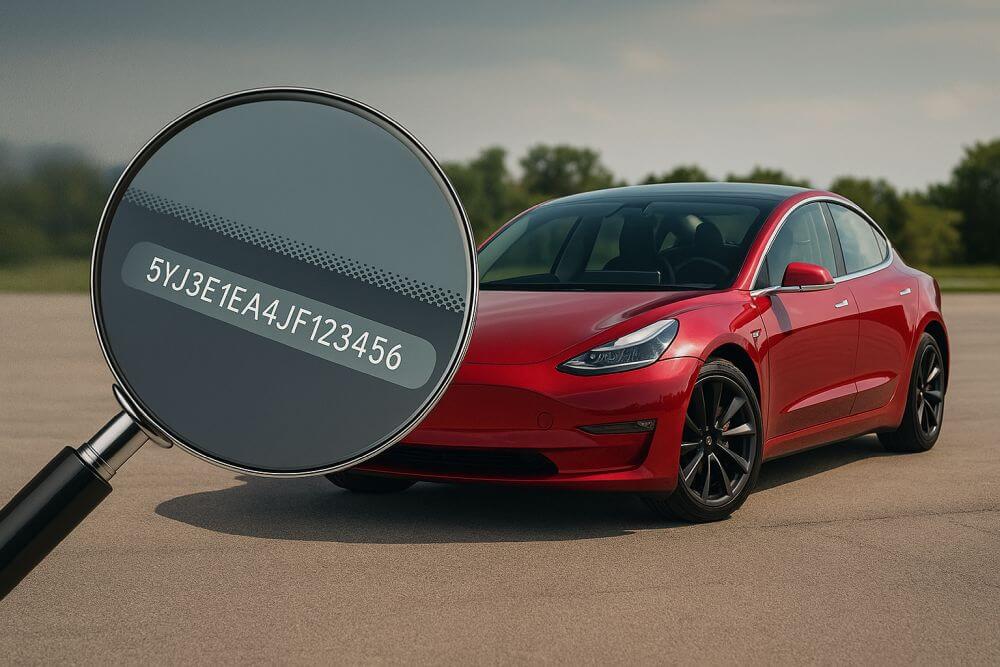Everyone has been there – stuck in traffic behind a car with an obscured license plate, or trying to recall the details of a plate number for insurance purposes. One may even get in trouble for not recollecting certain facts connected to a license plate number. With Texas alone having over 30 million registered vehicles, searching for license plate data or records can be a daunting task. Fortunately, there is an easy solution: a Texas license plate lookup designed to speed up the process of checking vehicle records. In this blog post, we will explain exactly how including Texas license plate lookup into your vehicle shopping sources can help you in separating the wheat from the chaff.

Why You Should Not Pass Up On Plate Check
For those buying used cars in Texas or ones that originate from Texas, a Texas license plate lookup tool is a great way to check a vehicle profile and give insight into the car’s condition and any potential problems you should be aware of before signing the bill of sale.
The tool can also yield data on ownership history, theft and accident information, service records, and more. Besides, it can provide a detailed compilation of safety recalls and notices that have been issued for the vehicle, even title issues that were written down by state DMVs.
In short, it can provide a wealth of information to aid you in making an informed decision when purchasing a used car. Miss that and you might be left entirely in the dark as to how you should approach a car prospect.
More Convenient Than Typical
As implied, Texas license plate lookup can be your one-stop shop for all relevant information about a car, including the vehicle’s registration status, model and make, specifications, repairs, insurance, warranties, and more. This makes it a much more efficient and comprehensive way of background-checking a car than the manual way of scanning records.
Traditional methods of background-checking cars usually involve contacting the Department of Motor Vehicles and searching through physical records, both of which can be time-consuming and often require you to have a certain level of familiarity with the process of requesting vehicle data. With Texas license plate lookup, all you need to do is enter a Texas license plate number, and you will get an instant and accurate report about the associated vehicle.
But what makes Texas license plate lookup truly shine is the convenience and ease with which car data is acquired — just one click on your device and you will benefit from a much faster and more up-to-date way of acquiring information. You can be certain of the accuracy of the information you’re getting, as the data is sourced from reliable sources. Further, you can get the data you need quickly, often within just a few minutes or seconds (if you are lucky). This contrast starkly with the days or weeks grinds necessary with the traditional method of checking vehicle documents. You can also save time and money, as you don’t need to hire an expert or pay for public records search to retrieve info.
Safe to say, Texas license plate lookup is the best way to obtain the detailed information you need about a car in a fast, reliable, and affordable way.
Complement Car Diagnosis with Car Report
Comparing the contents of car reports with personal findings helps with getting a better idea of the car’s overall condition and any potential issues. A vehicle history report can bridge the gap between written content and the findings from a close-up inspection of the car. This includes data on the legal status, and whether a car has been in any accidents or violations associated with the vehicle. Such content can be generated by a dedicated Texas license plate lookup or VIN check.
Additional Tips For Buying Texas Used Cars
Avoid add-ons. Avoiding add-ons when purchasing used cars from either dealerships or private parties is of utmost importance. There are a few main reasons why you should steer clear of add-ons such as extended warranties, rustproofing, and fabric protection. Often, these add-ons are overpriced when compared to the market average. Also, many of these add-ons are unnecessary in the long run. Another good reason to avoid them is that some are usually not transferrable. This means that if you ever decide to sell the car, the add-ons will not be included, so it is better to avoid them in the first place.
Never decline a test drive. One of the major disadvantages of not taking a test drive when buying a used car is that you cannot determine how well the car runs and if there are any underlying issues; you can’t even be sure if it is worth the seller’s asking price! Without a test drive, you won’t be able to test the car’s acceleration, stopping, and cornering abilities, or see how the car handles in different terrain and weather conditions. Test drives also allow you to check if all the features and utilities in the car are functioning correctly. Without a proper test drive, you won’t be sure if you have made the right choice in picking the car.
Enlist a professional mechanic. There are several drawbacks to not hiring a professional mechanic to inspect used cars prior to sale. One of the most pressing concerns, already stated, is the risk of buying a car that has underlying issues. Without the expertise of a professional mechanic, these problems may not be identified before the purchase is finalized, leading to costly repairs and potential safety issues down the road. Without professional guidance, the buyer may never learn of any recalls or manufacturer defects on the car. For beginners, it is important to have a professional inspect your chosen used car to ensure that these problems are identified and taken care of before surrendering your money. If peace of mind is what you are after, an inspection from a professional mechanic can give exactly that. Knowing the car has been checked by an expert and testified to its good condition can give the buyer confidence in their purchase, whereas not having an inspection leaves them in the dark.


